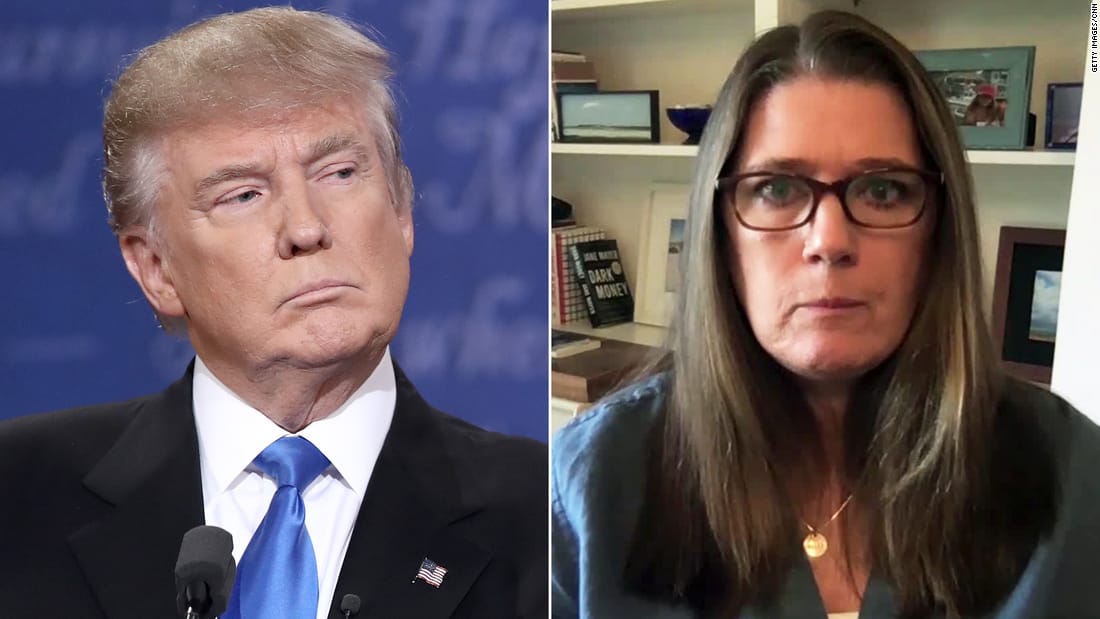The Chief of the U.S. Capitol Police, Thomas Manger, has made headlines recently by firmly opposing the idea of pardoning individuals who were convicted of assaulting law enforcement officers during the January 6, 2021, insurrection at the U.S. Capitol. His remarks come at a time when the nation is grappling with the ramifications of that day, which saw a violent mob breach the Capitol in an effort to overturn the results of the 2020 presidential election.
In a statement, Chief Manger emphasized the gravity of the assaults that took place on that day, noting that many officers were injured while trying to protect the Capitol and its occupants. He described the events of January 6 as a direct attack on democracy and underscored the importance of holding individuals accountable for their actions. Manger’s comments reflect a broader sentiment among law enforcement officials who believe that pardoning those who committed violent acts against police would undermine the rule of law and set a dangerous precedent.
The Capitol Police chief’s opposition to pardons is particularly significant given the ongoing discussions in various political circles regarding criminal justice reform and the potential for clemency measures. Some lawmakers have proposed pardons as a means of addressing what they perceive as overreach in the judicial system, particularly for individuals who participated in the Capitol riots. However, Manger’s stance highlights the concerns of law enforcement about the implications of such actions on public safety and officer morale.
The January 6 riots resulted in numerous injuries to law enforcement personnel, with many officers facing physical violence and hostility from rioters. In the aftermath, several individuals have been charged and convicted for their roles in the assault on the Capitol and the officers present that day. These convictions have sparked a national conversation about accountability, the treatment of law enforcement, and the importance of upholding the law.
Chief Manger’s remarks also resonate with the broader national dialogue about the treatment of police officers and the challenges they face in the line of duty. The events of January 6 have brought to light the complexities of policing in a politically charged environment, where officers must navigate the intersection of public safety and civil liberties. Manger’s opposition to pardons serves as a reminder of the sacrifices made by law enforcement officers and the need for society to recognize and respect their role in maintaining order and safety.
Furthermore, the discussion surrounding pardons for individuals involved in the January 6 riots raises important questions about accountability and justice. Advocates for law enforcement argue that granting pardons to those who assaulted officers would not only diminish the severity of their actions but also send a message that violence against police is permissible under certain circumstances. This perspective is critical in understanding the potential long-term effects of such pardons on law enforcement agencies and their ability to effectively carry out their duties.
In addition to Manger’s comments, various law enforcement organizations have echoed similar sentiments, urging lawmakers to consider the implications of pardoning those convicted of violent crimes against police. The Fraternal Order of Police, one of the largest police unions in the United States, has been vocal in its opposition to any efforts to absolve individuals of their crimes related to the Capitol riots. They argue that such actions would undermine the sacrifices made by officers and could lead to a decline in public trust in the justice system.
As discussions about criminal justice reform continue, the issue of pardons for those involved in the January 6 insurrection remains a contentious topic. Chief Manger’s stance serves as a crucial reminder of the impact that such decisions can have on law enforcement and the broader implications for society as a whole. The need for accountability and respect for the rule of law is paramount, and the voices of those who serve on the front lines of public safety must be taken into consideration in these discussions.
In conclusion, Chief Thomas Manger’s opposition to pardons for assaults against police reflects a significant concern among law enforcement officials regarding the consequences of such actions. As the nation continues to navigate the complexities of justice and accountability in the wake of the January 6 riots, the importance of upholding the law and respecting the sacrifices made by police officers cannot be overstated. The dialogue surrounding this issue will undoubtedly continue as lawmakers and the public grapple with the implications of pardons and their impact on the future of law enforcement.



